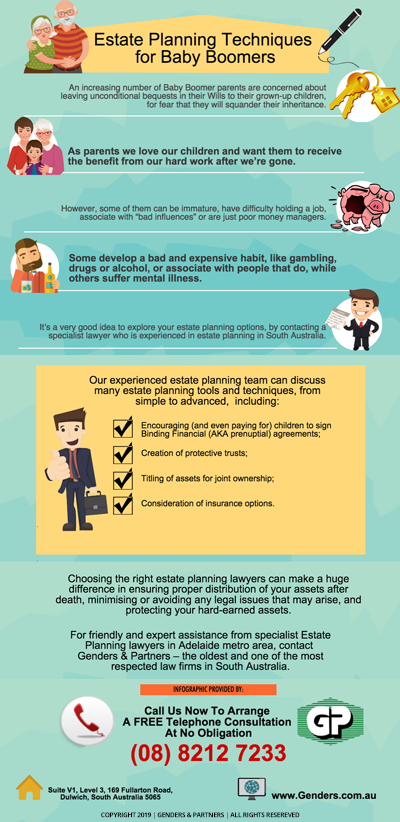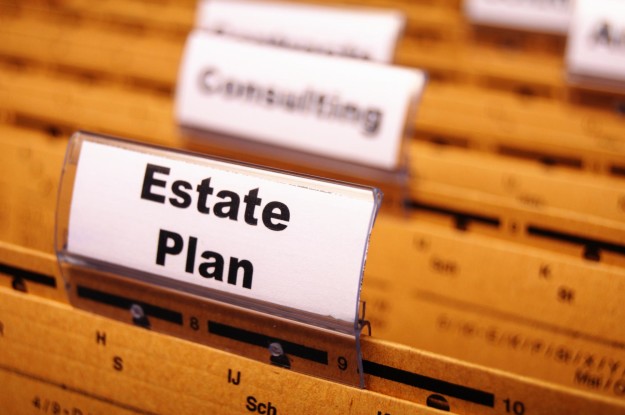Granny Napping Set to Rise as Baby Boomers Age
Granny napping is defined as the legal movement of an elderly person from one residential location to another, and could include the removal of an elderly person from a nursing home care facility.
The aim of this may be to remove the elderly person from contact with other people such as family & friends, in order to isolate them and to facilitate financial abuse. The prevalence of granny napping is expected to rise as affluent baby boomers age.
There has been a steady increase of “Elder Abuse”, and a decline in the treatment of vulnerable people in our society. This leaves the assets of the elderly person open to abuse. There have been instances where elderly people have been left to starve as disagreeable, uncaring relatives demand food and money from their elderly relatives.
Houses of elderly relatives have even been sold and the relative has been forced to move out. This is just the tip of the iceberg when it comes to granny napping and elderly abuse not just here in South Australia, but throughout the rest of Australia, too.
One of the inherent problems in Australian society is the lack of effective communication between siblings and between siblings and elderly parents. Bitter relationships have sometimes developed between these individuals. Elderly people who have not yet succumbed to dementia or other debilitating diseases have even gone so far as making out Wills that only name grandchildren as beneficiaries, in an attempt to bypass their problematic & meddling children. However this only tends to add even more fuel to the fire when it comes to resolving inheritance issues and often leads to litigation, which in some cases have involved grandchildren having to give back money to their own parents.






